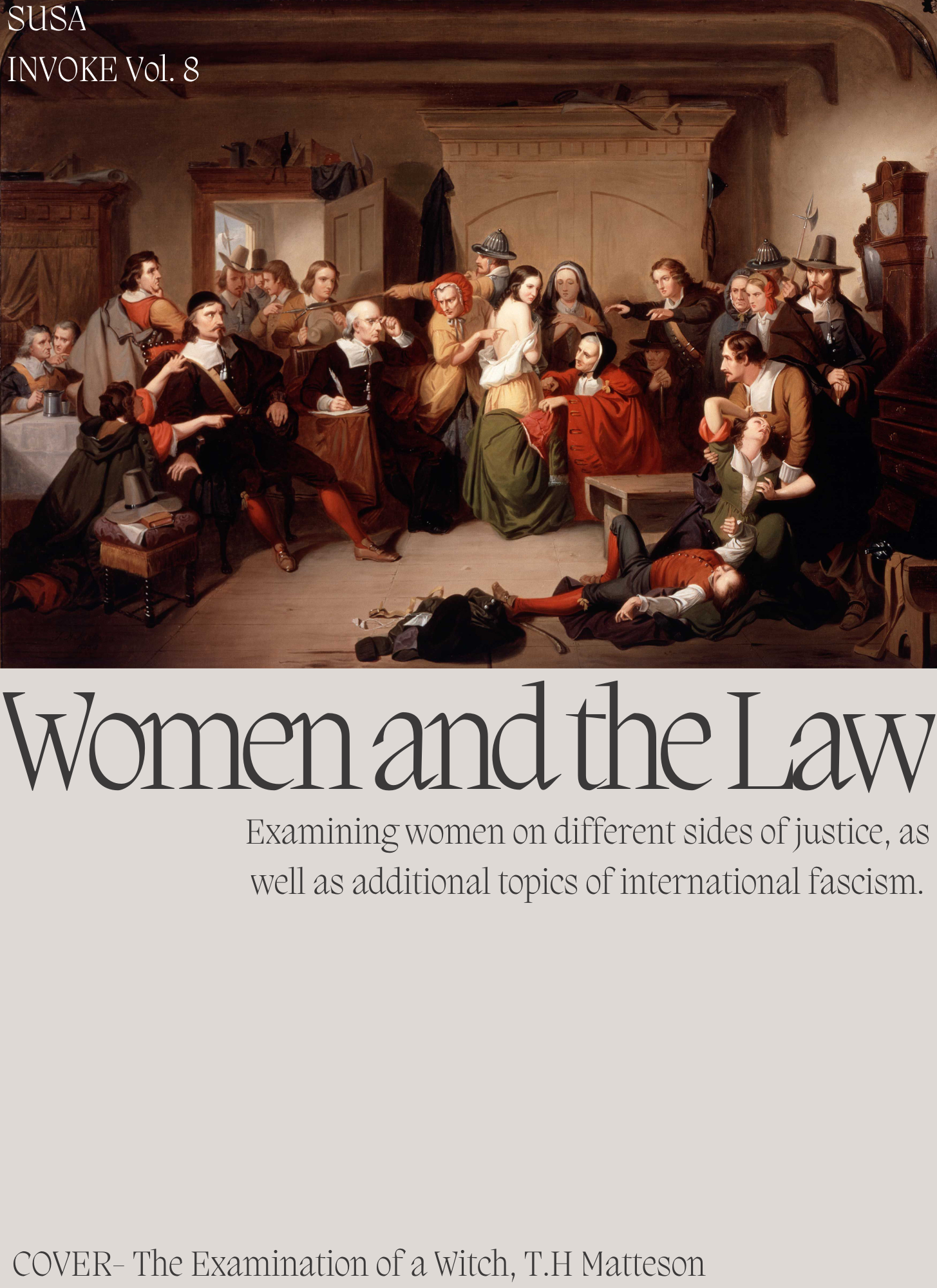Probation and Parole Officers in Canada
Occupational Stressors, Mental Health Consequences and Mitigating Strategies
Abstract
Background: Probation and parole officers (PPO) experience several strains ranging from workflow stressors to traumatic events. The effects of occupational stressors on PPOs’ well-being and on public safety have been acknowledged, however, evidence continues to show high levels of mental health problems in PPOs.
Purpose: To summarize published evidence related to PPO officers’ well-being in Canada, including: a) types of occupational stressors and prevalence of mental health consequences, b) qualitative data on PPO officers’ experiences and perspectives, and c) available resources and mitigating- preventative strategies and policies.
Method: I conducted a narrative literature review of research data and publicly available evidence from sites related to the criminal justice system. I retrieved research evidence through a comprehensive search of relevant electronic databases and grey literature.
Results: I identified 15 studies addressing stressors and mitigation strategies in PPOs in Canada. The main findings were that: a) PPOs experience high levels of stress and have high prevalence of mental health disorders; b) Operational job aspects are perceived as most distressful; c) there are no employee support programs specifically for PPOs, and the existing peer-led model may increase fears of stigmatization.
Conclusion: It is imperative that research efforts focus on developing and implementing appropriate interventions specifically on PPOs wellbeing at the federal and provincial levels. Governments need to make commitments to increase the budget for PPOs, in order to decrease risks to public safety.

Published
Issue
Section
License
Copyright (c) 2023 Elpida Papathanasoglou

This work is licensed under a Creative Commons Attribution 4.0 International License.
Authors who publish with this journal agree to the following terms:
- Authors retain copyright and grant the journal right of first publication with the work simultaneously licensed under a Creative Commons Attribution License that allows others to share the work with an acknowledgement of the work's authorship and initial publication in this journal.
- Authors are able to enter into separate, additional contractual arrangements for the non-exclusive distribution of the journal's published version of the work (e.g., post it to an institutional repository or publish it in a book), with an acknowledgement of its initial publication in this journal.
- Authors are permitted and encouraged to post their work online (e.g., in institutional repositories or on their website) prior to and during the submission process, as it can lead to productive exchanges, as well as earlier and greater citation of published work (See The Effect of Open Access).


